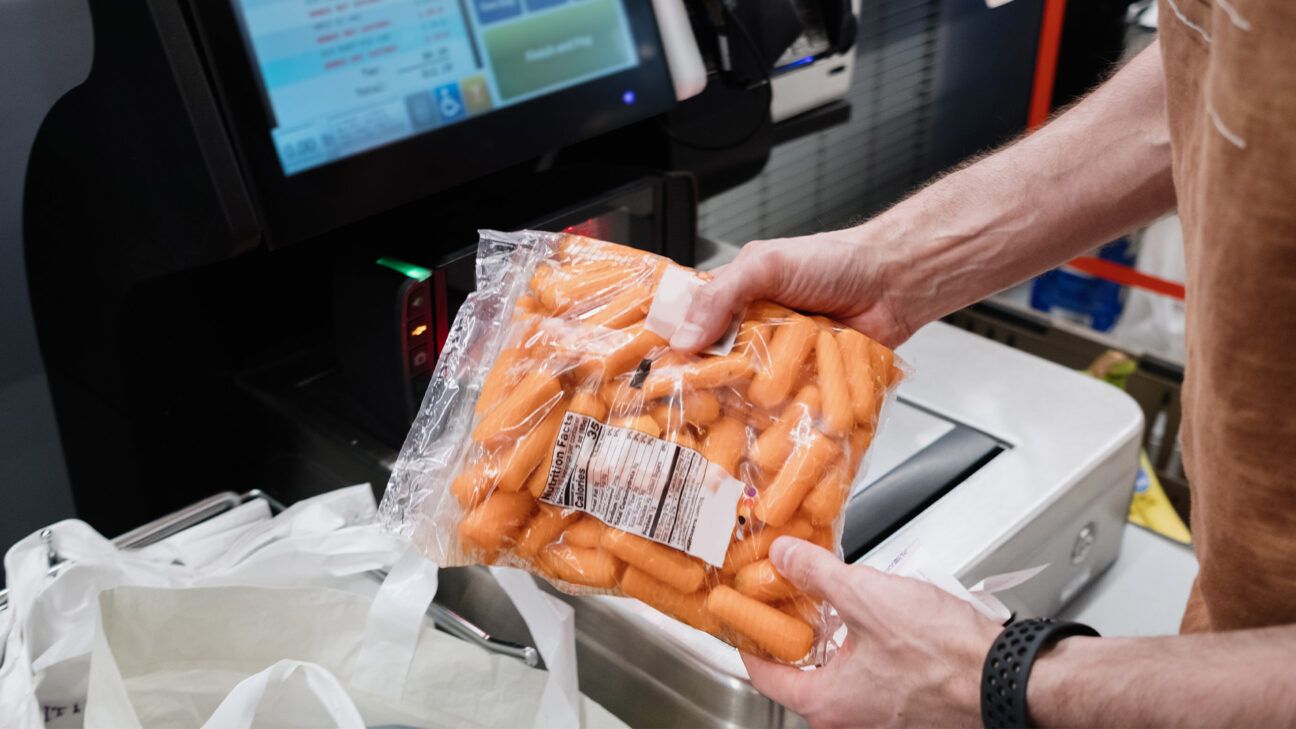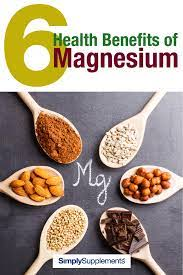
- Organic carrots have been linked to a multistate E. coli outbreak, resulting in 15 hospitalizations and one death.
- The CDC is warning consumers to check their refrigerators for the contaminated produce and discard it immediately.
- E. coli is a common foodborne infection that can result in both mild symptoms and severe complications requiring hospitalization.
A multi-state E. coli outbreak linked to organic carrots has resulted in 15 hospitalizations and one death so far, according to the CDC.
In a food safety alert issued this week, the CDC warned that E. coli infections have been reported from 18 states, with nearly 40 sickened. The outbreak has been traced to organic carrots sold by Grimmway Farms, which are available in a wide variety of grocery stores under brand names including Cal-Organic, Trader Joe’s, Wegmans, and 365.
The outbreak is still considered active by the CDC, although the products are no longer on store shelves. Consumers are urged to check their homes and refrigerators for any affected carrots and discard them immediately.
Escherichia coli, or E. coli, is a bacterium that can live in human intestines and is one of the most common causes of foodborne illness in the United States. There are multiple species of E. coli, some of which are harmless. Others can result in mild symptoms, including nausea, fatigue, and diarrhea, and even more serious, potentially life threatening symptoms.
“This is definitely a recall that consumers should take very seriously to protect themselves and their loved ones,” Joseph Lambson, PharmD, Director of the New Mexico Poison and Drug Information Center, and an Assistant Professor at the University of New Mexico College of Pharmacy, told Healthline.
Which states and products are affected by the outbreak?
The E. coli outbreak has been linked to infections in 18 states across the US, from California to New York. Affected states include Texas, South Carolina, Pennsylvania, Michigan, Colorado, and many more.
Currentl,y Washington, Minnesota, and New York are reporting the highest number of cases, followed by California and Oregon.
Grimmway Farms organic carrots and baby carrots are sold under many different brand names, including:
- 365
- Bunny Luv
- Cal-Organic
- Raley’s
- Sprouts
- Trader Joe’s
- Wegmans
- President’s Choice
A full list of states and products affected by the recall can be found here.
The contaminated products can be identified through their best-if-used-by dates.
Baby organic carrots with best-if-used-by dates are approximately between 9/11/2024 and 11/12/2024, and whole organic carrots between 8/14/2024 and 10/23/24. However, not all brands will carry a best-if-used-by date on their packaging.
Consumers should check their households for affected products and discard them immediately. Any surfaces that the carrots have come into contact with should be cleaned immediately with hot soapy water.
Signs and symptoms of E. coli infection
“E. coli is not a new toxin. It’s something that we’ve known about for a long time in medicine. And the good news is that we know what symptoms to look for. We’re pretty good at detecting and treating the infection. Most people recover, although some of the more severe cases are very tragic,” said Rais Vohra, MD, a professor of Clinical Emergency medicine at UCSF Medical and director of the California Poison Control System Fresno-Madera Division.
The symptoms of E. coli generally manifest within 3 to 4 days after infection. Mild symptoms are nonspecific and can feel like general “food poisoning”:
- Nausea
- Diarrhea
- Fever
- Loss of appetite
- Vomiting, in rare cases
In some cases, the symptoms are more severe, particularly when the variety of E. coli produces shiga toxin. Shiga toxin producing E. coli (STEC) can result in severe, bloody diarrhea (dysentery), and other serious complications like hemolytic uremic syndrome, which can lead to kidney failure and death.
“STEC actually gets into the lining of the gut, and the whole gut starts to kind of just peel off, which is where you get bloody diarrhea; it’s a much more invasive disease. Then the bacteria can actually get into your bloodstream, and then you can even get blood poisoning, also known as sepsis,” said Vohra.
Healthy adults will likely survive an E. coli infection with supportive care, but some groups are at increased risk of severe illness.
“If you happen to be immunocompromised, if you happen to have some condition that makes you more vulnerable to dehydration, such as diabetes, you could be at increased risk,” said Vohra.
Elderly individuals and young children are also at increased risk of dehydration and severe symptoms from E. coli infection.
What to do if you think you are experiencing symptoms of E. coli infection
The best medicine for foodborne illness is prevention. That means basic hygiene and food safety practices like hand washing and disinfecting surfaces. However, if you think you’ve consumed a contaminated product or already have symptoms, the best course of action is supportive care at home: make sure to rest and hydrate.
Replenishing fluids and electrolytes that are lost through vomiting and diarrhea is the most important facet of care at this stage.
However, in some instances, supportive care may be insufficient.
“If the symptoms are more severe, such as having a fever that’s above 102 degrees Fahrenheit, or having diarrhea that’s occurring for longer than three days, or bloody diarrhea, any of the symptoms that the CDC on their website lists as more severe, in that situation, it would be recommended to then reach out to a healthcare profession,” said Lambson.
Vohra also recommends that everyone pay special attention to hygiene and food safety heading into the holiday season.
“Everyone’s getting ready to cook their best dishes and share them with families. Please, please be hygienic when you do that. If you’re going to be cooking meat, know how to prepare it. Clean your vegetables. Double check your list of groceries to make sure that they’re not being recalled at the national or at the state level, wherever you happen to be,” he told Healthline.
The bottom line
A multistate E. coli outbreak linked to organic carrots has resulted in nearly 40 reported illnesses, including 15 hospitalizations and one death.
Grimmway Farms sold the contaminated carrots under various brand names, including Trader Joe’s, Cal-Organic, and Bunny Luv.
The affected products are no longer on store shelves but may be in your refrigerator. Consumers are urged to check for contaminated products and discard them immediately.
E. coli infection is a common foodborne illness that may result in mild symptoms (diarrhea, nausea, and vomiting) or more severe complications, including dysentery (bloody diarrhea) and hemolytic uremic syndrome.

